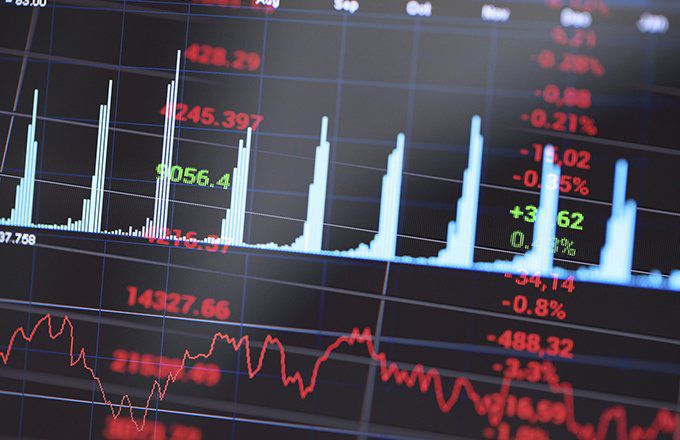Algorithmic Trading Services in Germany: Enhancing Trading Efficiency

Algorithmic Trading Services in Germany: Enhancing Trading Efficiency
Germany's financial markets are renowned for their efficiency and technological prowess, making it a hub for algorithmic trading services that cater to diverse institutional and individual investors. This blog explores how algorithmic trading services in Germany enhance trading efficiency, leveraging advanced technologies and regulatory frameworks, including insights into global implications such as Algo Trading Services in UAE.
Understanding Algorithmic Trading Services
Algorithmic trading services encompass the use of computer algorithms to automate trading decisions, executing orders at high speeds and with precision. In Germany, these services are pivotal for optimizing trading strategies across various asset classes, including equities, derivatives, and forex.
Key Features of Algorithmic Trading Services in Germany
Customizable Trading Algorithms:
Tailored Strategies: Develop and customize algorithms to suit specific market conditions, risk tolerance, and investment objectives.
Execution Efficiency: Utilize advanced algorithms to execute trades swiftly, leveraging low-latency infrastructure and direct market access (DMA).
Risk Management and Compliance:
Robust Risk Controls: Implement sophisticated risk management protocols to monitor trading activities and mitigate potential risks.
Regulatory Adherence: Ensure compliance with regulatory requirements set by BaFin (Federal Financial Supervisory Authority) and European Union directives, maintaining market integrity and investor protection.
Technological Infrastructure:
High-Speed Connectivity: Utilize co-location services and high-speed trading networks to minimize latency and optimize order execution times.
Data Analytics: Employ real-time market data analysis and machine learning algorithms to identify trading opportunities and enhance decision-making.
Benefits of Algorithmic Trading Services
Enhanced Trading Efficiency:
Automate trading processes to execute orders swiftly and accurately, reducing manual intervention and operational costs.
Improve liquidity management and price discovery through algorithmic strategies designed to capture market opportunities.
Risk Mitigation:
Deploy risk management algorithms to monitor market volatility, manage exposure, and safeguard against adverse market conditions.
Ensure adherence to best practices in risk management and compliance to protect capital and optimize returns.
Global Reach and Market Access:
Extend services internationally, including Algo Trading Services in UAE, catering to global clients with tailored solutions aligned with regional market dynamics.
Facilitate access to diverse global markets and asset classes through comprehensive algorithmic trading strategies.
Future Trends in Algorithmic Trading
Artificial Intelligence (AI) Integration:
Incorporate AI and machine learning algorithms to develop adaptive trading strategies capable of learning from data and adjusting to evolving market conditions.
Enhance predictive analytics and trading decision-making processes to optimize algorithmic trading performance.
Regulatory Developments:
Stay informed about regulatory advancements in algorithmic trading across Germany and the European Union, ensuring compliance with evolving standards and guidelines.
Conclusion
Algorithmic trading services in Germany play a crucial role in enhancing trading efficiency, liquidity provision, and risk management for institutional investors and financial institutions. By leveraging advanced technologies, robust infrastructure, and adherence to regulatory frameworks, these services optimize trading strategies and facilitate seamless market access across global financial markets.

